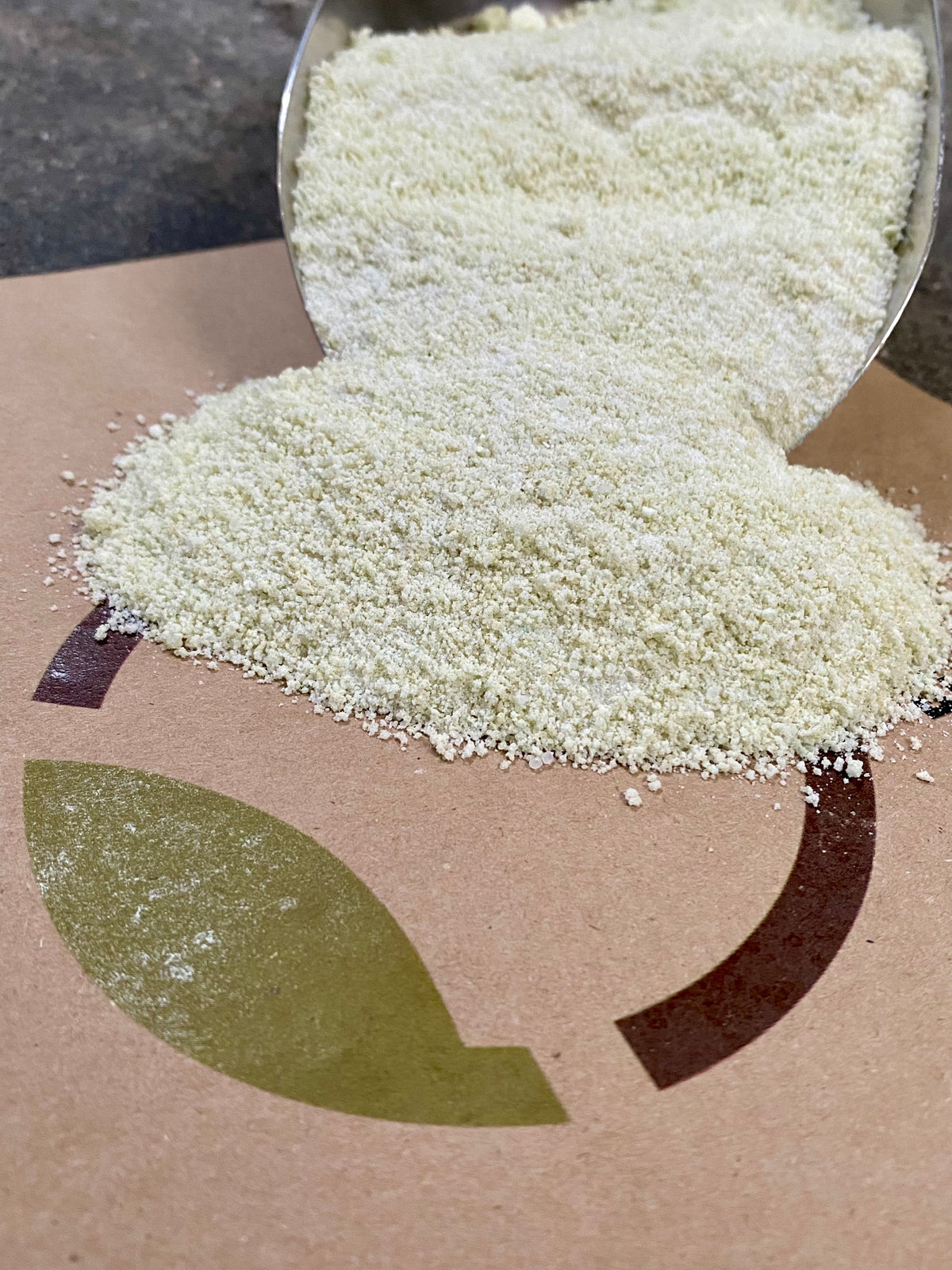Organic Vs. Synthetic Fertilizers: Which Is Best for Supporting Healthy Pepper Plants?
In the realm of nurturing healthy and balanced pepper plants, the selection in between synthetic and organic plant foods stands as an essential choice with significant effects. While both options purpose to provide important nutrients to support plant development, the subtleties of their impact on the dirt, plant health, and the environment trigger a debate that mirrors throughout the horticulture neighborhood. Understanding the distinctive advantages and prospective risks of each plant food type is crucial for pepper growers seeking to enhance their returns while preserving a lasting and eco-conscious approach.
Benefits of Organic Plant Foods
Organic fertilizers offer an environmentally-friendly and sustainable strategy to beneficial pepper plants, offering vital nutrients without making use of synthetic chemicals. These natural fertilizers are stemmed from organic sources such as garden compost, manure, bone dish, and algae, advertising soil health and wellness and biodiversity. Unlike artificial fertilizers, organic choices launch nutrients gradually, ensuring a well balanced and stable supply for pepper plants to grow.
One significant advantage of organic plant foods is their ability to boost dirt structure and water retention. By boosting soil health and wellness, natural fertilizers advertise advantageous microbial task, which aids in nutrient uptake by pepper plants. Furthermore, natural plant foods decrease the danger of chemical run-off, shielding water sources from contamination and safeguarding the atmosphere.
In addition, natural fertilizers contribute to lasting dirt fertility by advertising the growth of useful dirt microorganisms. These microorganisms help break down natural matter, launching nutrients in a kind that is easily available to pepper plants. best fertilizers for peppers. By fostering a healthy dirt ecological community, natural fertilizers support sustainable pepper cultivation methods that benefit both plants and the atmosphere
Disadvantages of Artificial Plant Foods
Artificial plant foods, as opposed to their natural equivalents, pose various disadvantages when used to nourish pepper plants, influencing both plant health and wellness and environmental sustainability. One major drawback of artificial plant foods is their propensity to seep nutrients from the soil rapidly. This quick leaching can bring about nutrient inequalities in the soil, causing plants to struggle with deficiencies or toxicities. In addition, artificial plant foods can hurt useful soil organisms, such as earthworms and advantageous bacteria, interfering with the dirt ecological community's equilibrium.
In addition, the overuse of artificial plant foods can contribute to water pollution. Excess plant foods not taken in by plants can wash away right into water bodies, resulting in eutrophication, where algae blooms diminish oxygen levels in the water, damaging water life. Synthetic fertilizers are normally derived from non-renewable sources, such as fossil fuels, adding to carbon emissions and ecological degradation during their production.
Nutrient Absorption Comparison
Reliable nutrient absorption plays a crucial duty in the general health and growth of pepper plants. When contrasting organic and artificial fertilizers in regards to nutrient absorption, organic fertilizers have the benefit of offering a much more well balanced and slow-release source of nutrients (best fertilizers for peppers). Organic plant explanation foods contain a range of macro and trace elements that are not just valuable for the plants but likewise advertise healthy and balanced soil microbial activity, which assists in nutrient uptake. On the various other hand, synthetic fertilizers commonly provide a fast launch of nutrients, which can lead to leaching and overflow, causing lower nutrient absorption rates by the plants.
Furthermore, organic fertilizers enhance dirt structure and water retention capacity, enabling pepper plants to gain access to nutrients a lot more successfully. This better dirt high quality promotes origin advancement, making it possible for better nutrient absorption. Synthetic plant foods, although originally enhancing plant development as a result of their high nutrient focus, might hinder long-lasting nutrient absorption by degrading dirt health and wellness in time.
Ecological Impact Considerations

On the various other hand, synthetic plant foods, although usually more right away available and focused to plants, can have harmful impacts on the atmosphere if not used properly (best fertilizers for peppers). Their manufacturing requires high power inputs, resulting in greenhouse gas emissions and adding to climate modification. Moreover, the drainage of excess synthetic plant foods can contaminate water resources, leading to eutrophication and hurting aquatic ecological communities.
Best Fertilizer Practices for Peppers
When feeding pepper plants, maximizing nutrient uptake and minimizing environmental effect are vital considerations. To achieve this, it is vital to adhere to ideal fertilizer techniques tailored to the specific requirements of pepper plants. One vital technique is to perform a soil test before applying any type of fertilizers. This test can figure out the pH level of the dirt and recognize any nutrient deficiencies, guiding our website you in selecting the most suitable fertilizer formulation.
One more essential method is to fertilize pepper plants at the correct time. Generally, peppers benefit from receiving plant food at growing and after that again when they start to blossom. like it Over-fertilizing can cause nutrition discrepancies and harm the plants, so it is vital to comply with suggested application rates.
In addition, choosing a well balanced plant food with an NPK ratio that suits pepper plants' needs is fundamental. Inevitably, combining natural and synthetic fertilizers deliberately can aid nurture healthy and balanced pepper plants while reducing ecological impact.
Final Thought

Organic fertilizers supply a sustainable and environmentally-friendly approach to nourishing pepper plants, supplying important nutrients without the usage of artificial chemicals. Unlike artificial plant foods, organic alternatives release nutrients slowly, making sure a balanced and constant supply for pepper plants to thrive.
Synthetic fertilizers, in comparison to their natural equivalents, pose different disadvantages when utilized to nurture pepper plants, influencing both plant health and environmental sustainability. When contrasting organic and synthetic fertilizers in terms of nutrient absorption, organic plant foods have the benefit of offering a much more well balanced and slow-release source of nutrients.Moreover, natural plant foods boost soil framework and water retention capacity, allowing pepper plants to access nutrients much more effectively.
Comments on “Best Fertilizers for Peppers: A Comprehensive Overview to Boost Your Harvest”